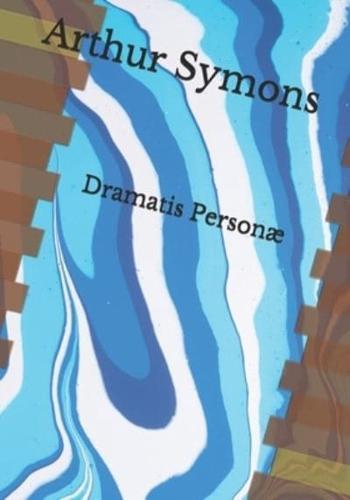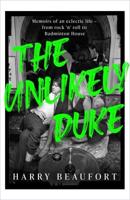Publisher's Synopsis
Conrad's inexplicable mind has created for itself a secret world to live in, some corner stealthily hidden away from view, among impenetrable forests, on the banks of untraveled rivers. From that corner, like a spider in his web, he throws out tentacles into the darkness; he gathers in his spoils, he collects them like a miser, stripping from them their dreams and visions to decorate his web magnificently. He chooses among them, and sends out into the world shadowy messengers, for the troubling of the peace of man, self-satisfied in his ignorance of the invisible. At the center of his web sits an elemental sarcasm discussing human affairs with a calm and cynical ferocity; "that particular field whose mission is to jog the memories of men, lest they should forget the meaning of life." Behind that sarcasm crouches some ghastly influence, outside humanity, some powerful devil, invisible, poisonous, irresistible, spawning evil for his delight. They guard this secret corner of the world with mists and delusions, so that very few of those to whom the shadowy messengers have revealed themselves can come nearer than the outer edge of it. Beyond and below this obscure realm, beyond and below human nature itself, Conrad is seen through the veil of the persons of his drama, living a hidden, exasperated life. And it is by his sympathy with these unpermitted things, the "aggravated witch-dance" in his brain, that Conrad is severed from all material associations, as if stupendously uncivilized, consumed by a continual protest, an insatiable thirst, unsatisfied to be condemned to the mere exercise of a prodigious genius.









